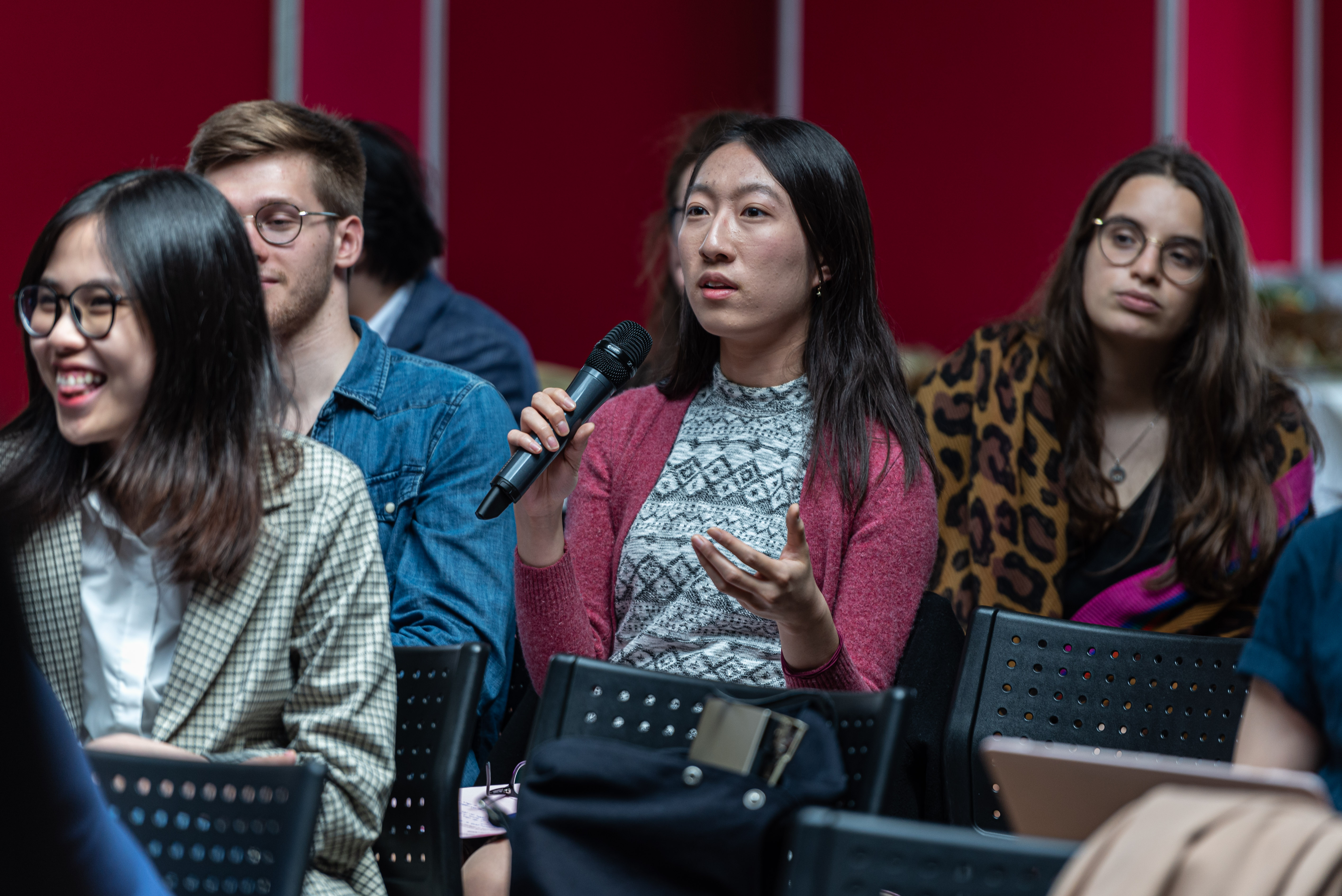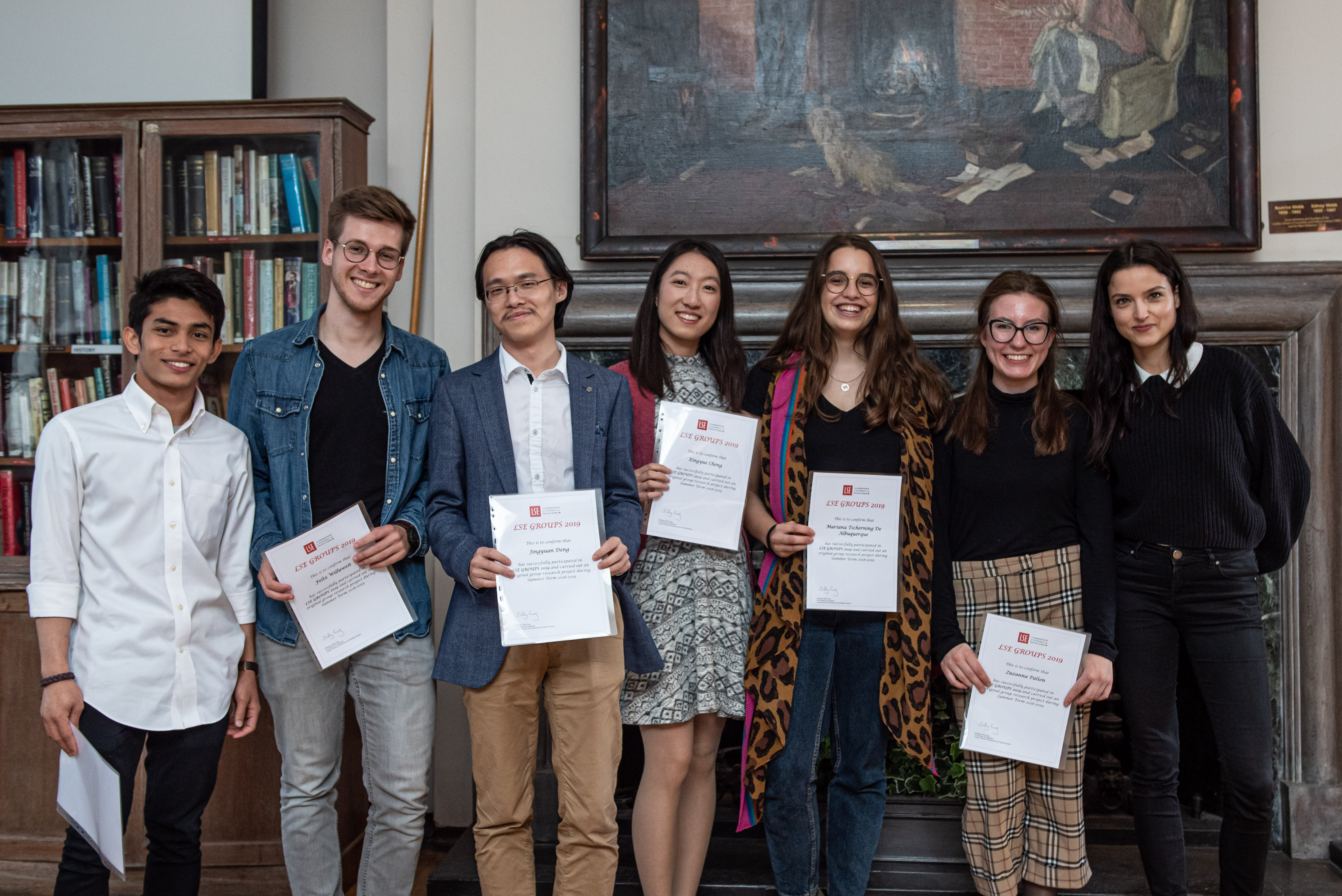As my first summer holiday at LSE was approaching, I began to plan what I would like to do. As I browsed through LSE websites, I came across an interesting undergraduate research program: LSE GROUPS. I’ve always wanted to learn more about research and the collaborative nature of this program makes it a great starting point for an absolute beginner like me. Plus, this year’s topic sounded cool too: the future of work. It is quite relevant to my immediate future and I was excited to discover more about it.
The sign-up process was quite straightforward. Apart from basic personal details, I just need to briefly explain my interest in participating in this program in a few sentences. Even if you are not sure about your availabilities over summer: no worries! LSE GROUPS will send you a confirmation email in late May to confirm your attendance of the program again.

Then it was the start of the program itself! On the first day, we got a comprehensive introduction to how the program would work and also where to start. Initially we met our group members. There were roughly 7-8 of us and we all came from different academic disciplines. During the first few days, we tried to come up with our own research question. Our group was especially keen on investigating how gig working would impact human capital investment. With the rise of more flexible forms of work arrangement, would companies continue to invest in training their employees or do workers need to study more themselves? Then we get to find out the answers ourselves! Over the next two weeks, we worked hard from 9 to 5, doing literature review, searching for data base, cleaning data and conducting analysis. Finally, we condensed our findings into a 4000-word research paper and shared it with everyone during the research conference on the final day. It was an awesome opportunity because you get to see what other groups have achieved and their insights about the future of work.
Throughout the whole program, our group members helped each other along the way and we also received great support from our supervisor Julia. In addition, lots of useful skills sessions were integrated into the programme. For example, the workshop on abstracts helped us with coming up with an abstract that synthesized our findings and highlighted the scope of our research. It was also great to have skills sessions on data analysis, given that we live in an era filled with big data (more sessions on data software would be great!) My suggestion for the programme, going forward, would be to consider separating these out into a one-week intensive skills training camp before the two-week project to free up additional time for the group-work during the two-week programme.
Overall, I would highly recommend LSE GROUPS to anyone who has: a) an interest to learn more about research b) two-weeks-time over summer to do so. No prior experience is required. The research project may be challenging at times, but you will overcome these challenges with your teammates collectively, learn and thrive during the process!
